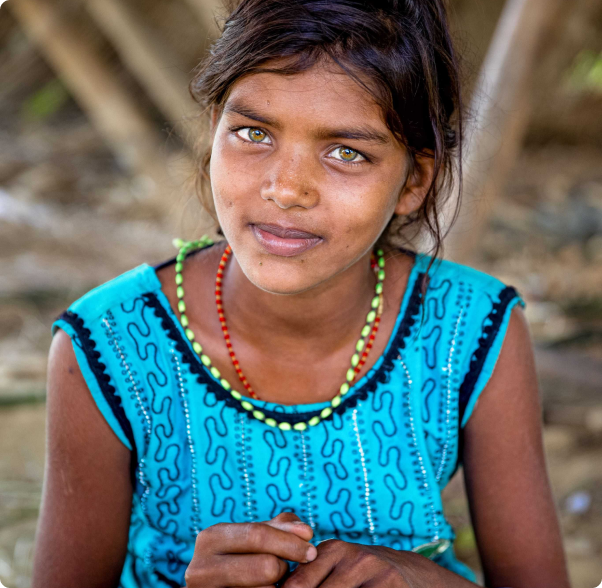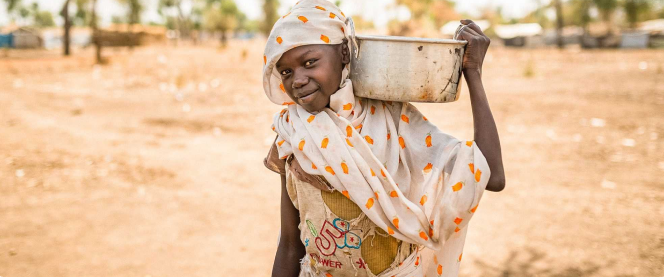Summary
As a wealthy, high-tech, industrial society and the second largest country in the world, Canada boasts a market-oriented economic structure and an affluent standard of living. Canada’s diverse terrain – mountains, forests and wilderness, prairie grasslands, and arctic tundra – provide copious natural resources of water and minerals, contributing to the nation’s current wealth and pointing to an even stronger economic future. Canadians can best be described as a montage of indigenous people, the First Nations and the Inuit, and immigrant citizens primarily from Europe, but also from China, South Asia, and the Middle East. Canada gained her independence from Great Britain 1867 and now claims a strong parliamentary democracy.
For the most part, Canada enjoys a peaceful political environment. The greatest conflict and threat to national unity, however, is the division between the Francophone Quebec and the other Anglophone provinces. The calls for Quebec’s secession from Canada have diminished of late, but they are never far from re-emerging. Much of Canada’s economic success stems from a 1994 free trade agreement (NAFTA) with the United States and Mexico. The country’s petroleum reserves rank third behind those of Saudi Arabia and Venezuela.
The Canadian constitution guarantees the freedom of religion, but secularization and pluralization have affected the relationship between society and religion, causing a lengthy, continuous decline of Christianity. A hundred years ago, evangelicals represented 25% of the population, but today they are less than 8%. Catholicism is the principal religious influence in the country and is increasing due to an influx of Catholic immigrants. As the Church struggles to remain relevant, moral, and dynamic in Canadian society, there has been a poignant drop in the influence of the Gospel. Mobilization is needed to bring together the diverse Christian population to reach a secular Canada that fears terms like “born-again” and “evangelical.” Canada’s indigenous peoples need spiritual growth and healing from years of abuse. Christian missionary vision must be focused on immigrants who live in sizable unevangelized communities. May the people of Canada feel a deep need of the Savior despite the perceived safety their wealth and political freedom provide.




